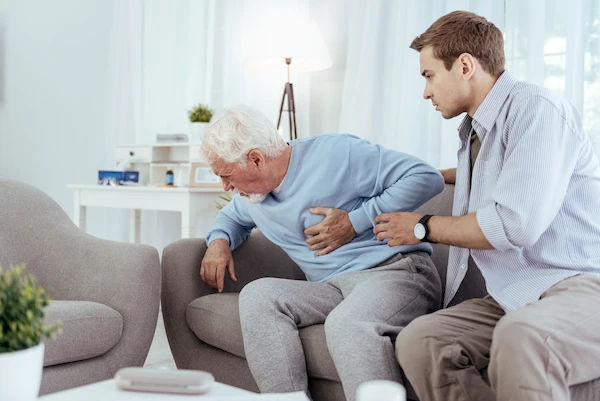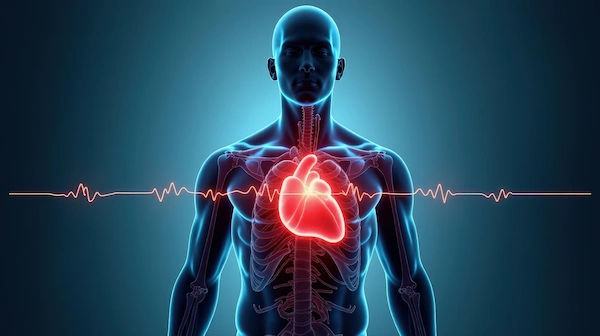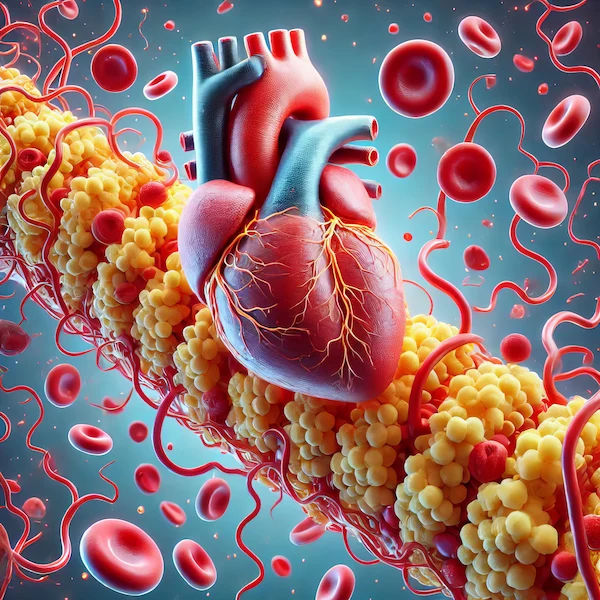- female
- 30 Years
- 22/01/2025
I just sneezed and my chest really hurts. Its like this sharp pain, almost like something's pulling in there, maybe even my heart. This happens every time I sneeze. Should I be worried? What could be causing this?
More Cardiology Health Queries
View allI'm dealing with shortness of breath whenever I lift something heavy or climb stairs. A doctor mentioned heart valve replacement before. I'm curious about how serious this could be and what steps I might need to take. Could this really be related to the heart valve issue, or might there be something else going on? Would replacement be the only option?
Shortness of breath during physical activity can be a sign of heart valve problems. In your case, it may be necessary to consider a heart valve replacement surgery. One common medication prescribed for such conditions is Metoprolol (brand name: Lopressor) at a dosage of 25-100mg per day. However, the specific treatment plan should be discussed with your healthcare provider after a thorough evaluation of your condition.
Answered by 1 Apollo Doctors
I've been checking my heart rate with my phone, and it usually reads between 90-100. I don't smoke, drink, or experience any stress, but sometimes my heart feels a bit heavy, even when I'm just resting. Is this normal? I'm 5.9 tall and weigh 75 kg.
An echo and ecg is advised.
Answered by 1 Apollo Doctors
I'm a bit worried because my LDL cholesterol level is 187, but all my other tests like ECG, 2D echo, blood, and urine have come back normal. What steps should I take to bring my LDL down?
To lower your LDL cholesterol level of 187, you can start by making lifestyle changes such as following a healthy diet and engaging in regular exercise. Additionally, you can consider taking medication to help lower your LDL cholesterol. One commonly prescribed medication for this purpose is Atorvastatin, which is taken at a starting dose of 10-20 mg once daily. It is important to consult with your healthcare provider to determine the most appropriate treatment plan for your specific situation.
Answered by 1 Apollo Doctors
Disclaimer: Answers on Apollo 247 are not intended to replace your doctor advice. Always seek help of a professional doctor in case of an medical emergency or ailment.






